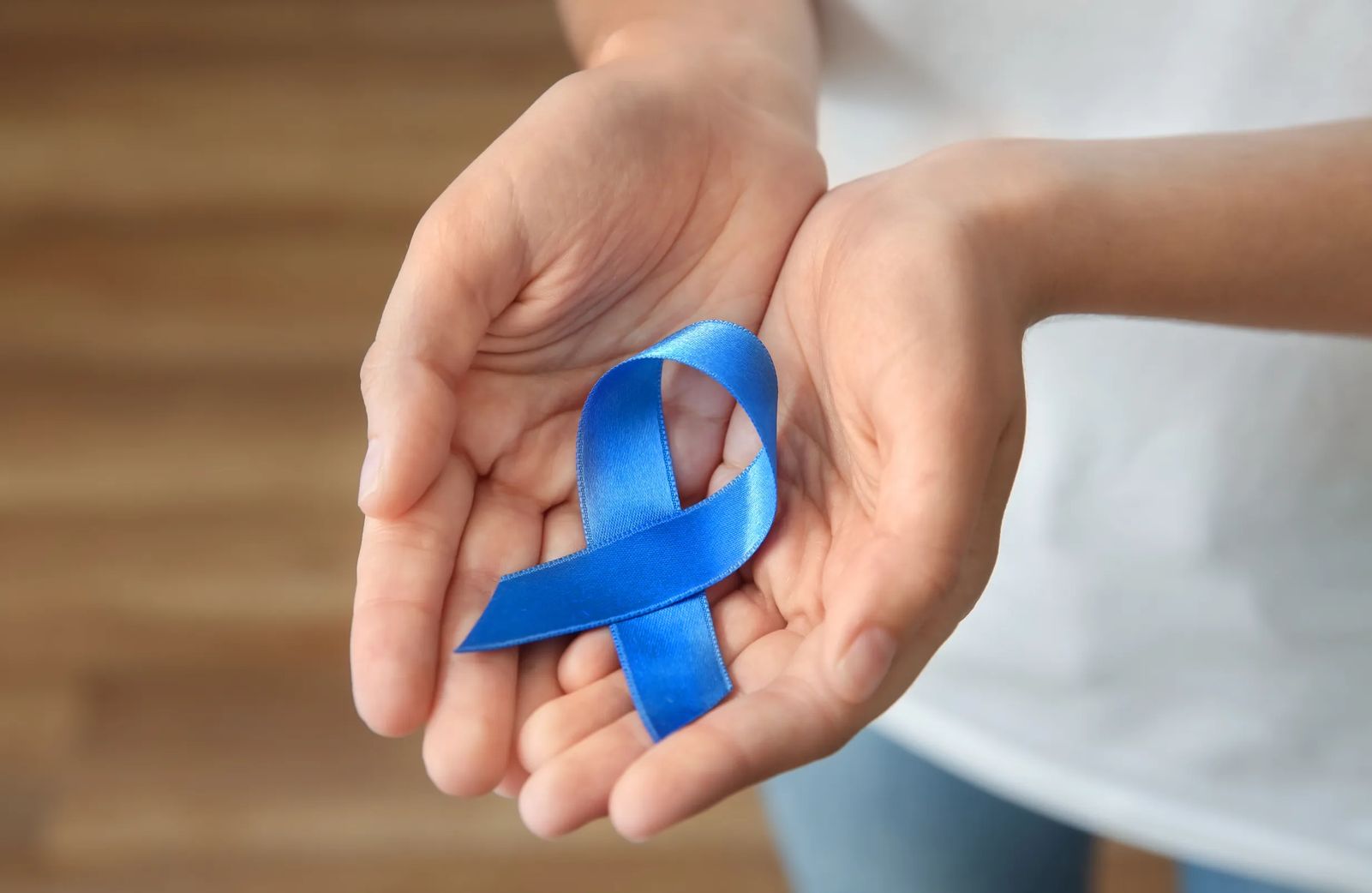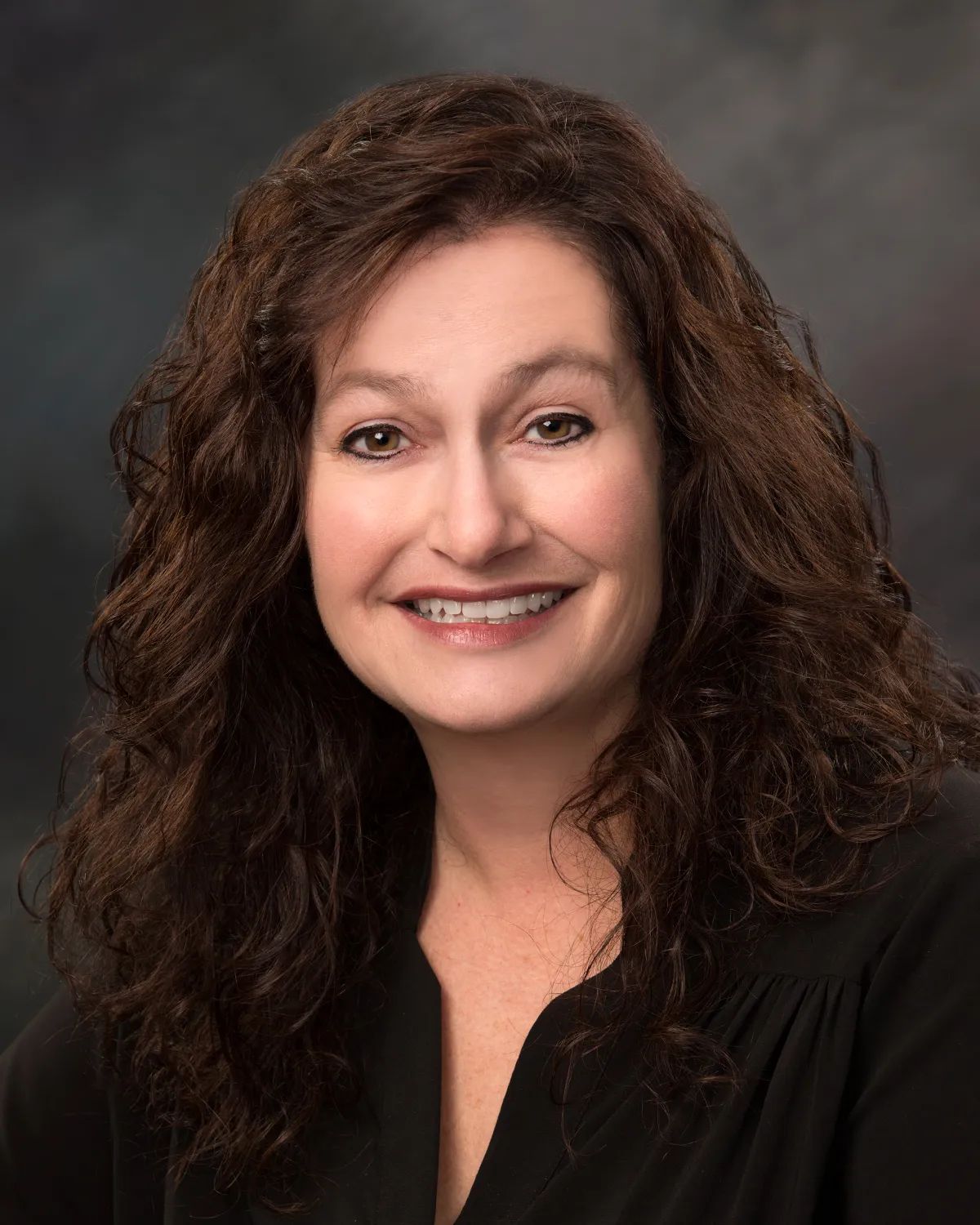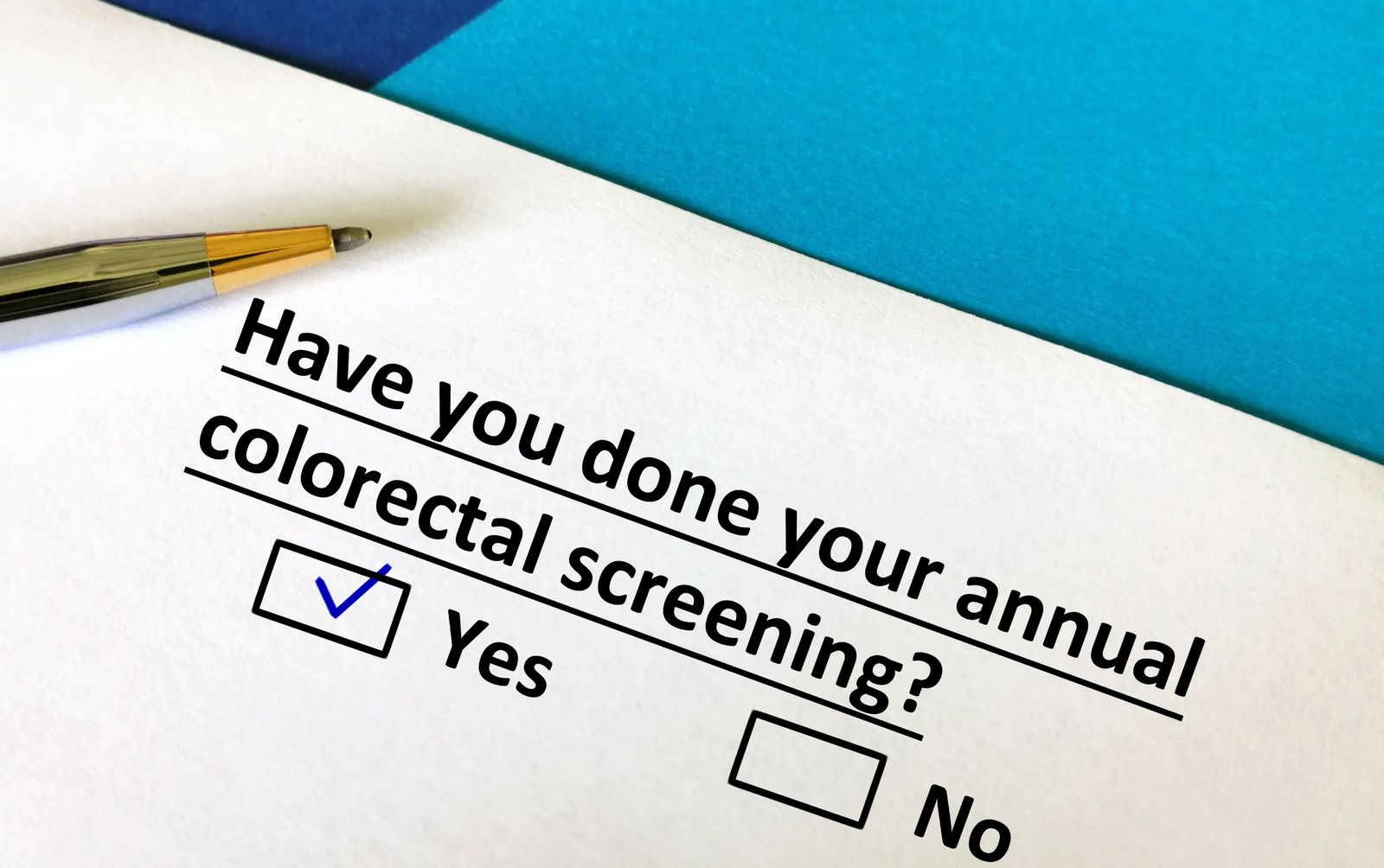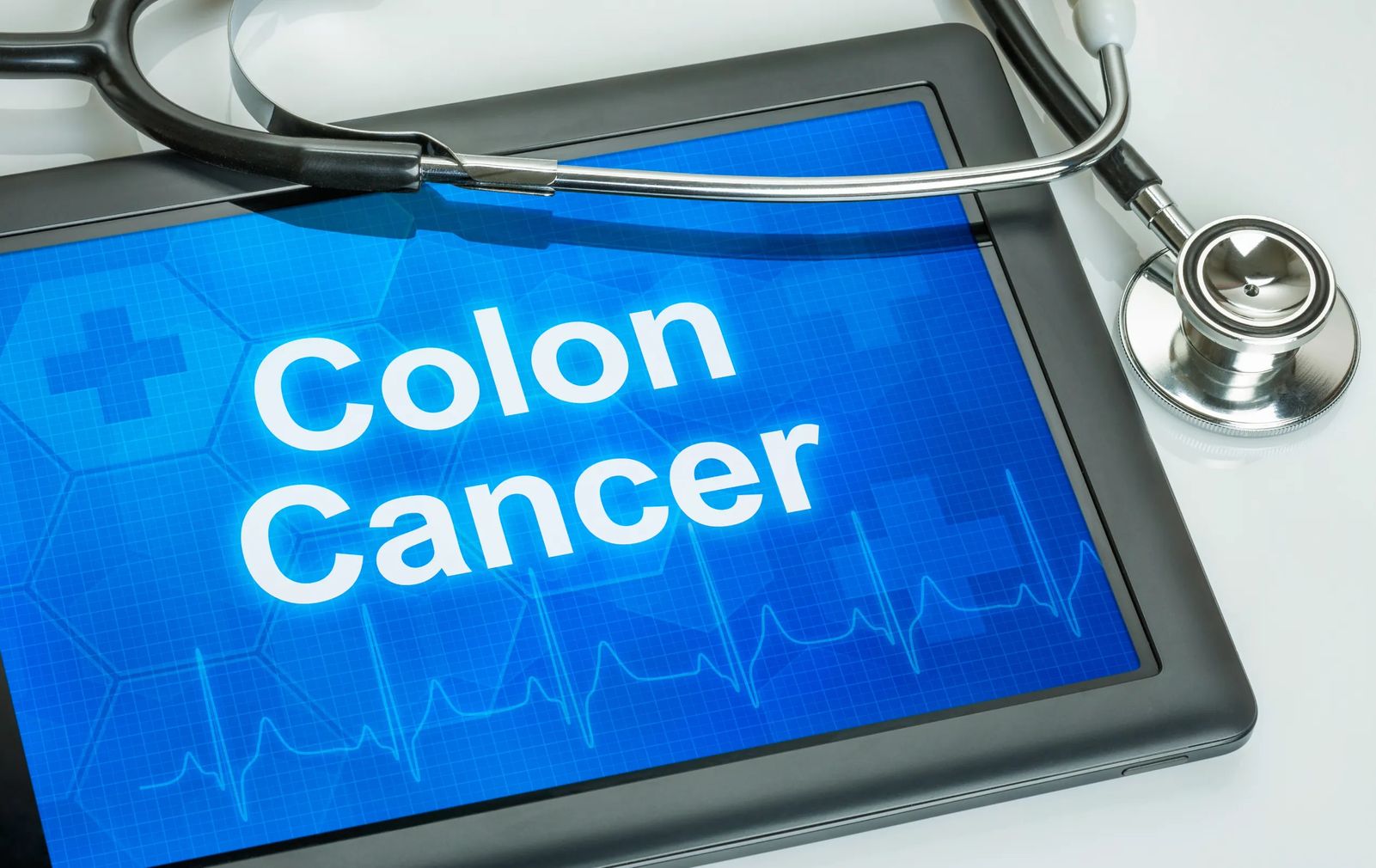
Colon Cancer Awareness Month
Five Things Women Should Know
St. Vincent Regional Hospital
The American Cancer Society estimates that more than 153,000 Americans will be diagnosed with colorectal cancer this year making it one of the most common cancers in both men and women.
Although it is slightly more common in men, 1 in every 24 women will be diagnosed with colon or rectal cancer at some point in her life, making it the third most common cancer in women.
THE AMERICAN CANCER SOCIETY AND INTERMOUNTAIN HEALTH RECOMMEND THAT COLORECTAL CANCER SCREENINGS BEGIN AT AGE 45
March is National Colon Cancer Awareness Month and updated guidelines make it possible for more people to be screened with a colonoscopy starting at age 45.
Intermountain Health experts are working to raise awareness so that people know that colorectal cancer is preventable, treatable, and beatable with early detection.
5 things all women should know
1. KNOW THE WARNING SIGNS OF COLON CANCER
Early-stage colon cancer seldom causes any clear or obvious symptoms, so it’s important to know the warning signs, such as:
- Change in bowel habits
- Rectal bleeding
- Abdominal pain
- Unintentional weight loss
- Unexplained anemia (iron deficiency)
- Fatigue
Many of these symptoms can be caused by something other than cancer, so get to know your body well enough that you can report changes in your overall health to your physician.
2. KNOW THE DIFFERENCE BETWEEN GYNCOLOGICAL VS. COLORECTAL SYMPTOMS
Cramping and bloating can come from many causes, including endometriosis. Premenopausal women might also dismiss the early warning signs of colon cancer, such as discomfort, and abdominal bloating as typical menstrual issues.
Although it is easy to distinguish between some colorectal and gynecological symptoms, such as bleeding, the differences are not always clear. Depending on the location of a tumor, a patient with colon cancer might even present with those symptoms.
“Women really need to pay attention to what their bodies are telling them,” says Dr. Keri Hill, a Gastroenterologist with Intermountain Health in Billings. “If a pain is different than what you’ve experienced before or lasts longer than normal, tell your doctor and schedule an appointment.”

DR. KERI HILL
3. KNOW YOUR RISK FACTORS
• Age: The risk of developing many cancers increases after menopause, but only because the risk of developing any type of cancer increases as we age. Ninety percent of colorectal cancer occurs in adults over age 45, however rates are rising in people who are in their 40’s.
• Family History: If you have a close relative who has had colon cancer or a colon polyp, you may be at higher risk for getting the disease.
• Medical Conditions: Having an inflammatory bowel disease may increase your risk for developing colon cancer.
• Race: Rates of colorectal cancer are higher in African Americans compared with other races. This may be because fewer African Americans get screened for colon cancer.
• Lifestyle: There are some risk factors you can change. These include stopping smoking, improving your diet, keeping a healthy weight, and being active.

4. KNOW WHEN TO GET SCREENED
Colon cancer is one of the most treatable cancers, but the only way to detect it is through screening. People with an average risk of colon cancer should start their screenings at age 45.
For most patients a colonoscopy is then only needed once every ten years, or once every five years if your doctor determines you have an increased risk of colon cancer. Earlier screening may be recommended for anyone with a family history of colon cancer.
If you have irritable bowel disease, Crohn’s disease, ulcerative colitis, or other conditions that affect the gastrointestinal tract, talk with your doctor or a GI specialist to determine when and how often you should be screened.
And, don’t delay your colonoscopies.
“Delays in screening could lead to a delayed cancer diagnosis,” said Dr. Hill. “Screenings are designed to detect cancer early and early detection is more easily treatable so we have better outcomes.”

5. TALK TO YOUR DOCTOR
While colon cancer risk is similar for both sexes, it is not often top-of-mind for most women. In general, women tend to look out for the health of their children and spouse – often neglecting their own health.
“Be open with your doctor,” said Dr. Hill. “The biggest obstacle to care is often a patient’s reluctance to be open about some of the symptoms they are experiencing. Talking rectal bleeding is not always comfortable, but if it’s unusual it’s worth noting and mentioning.”
Always call your insurance company before undergoing any test or procedure to determine coverage and any other questions you may have.









